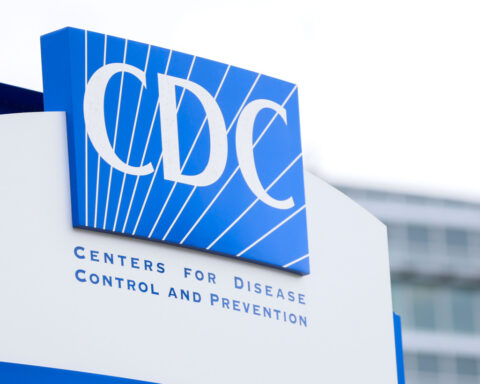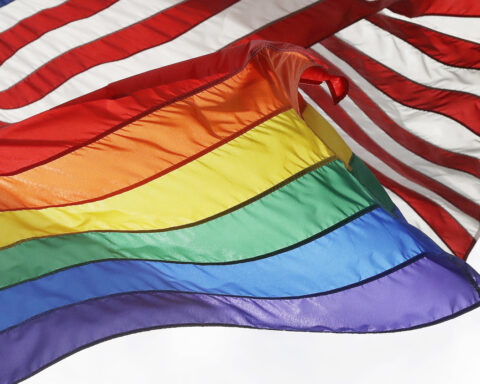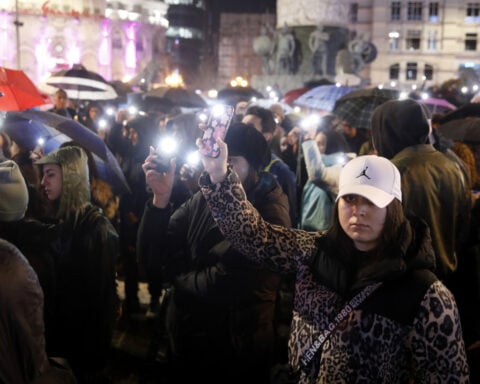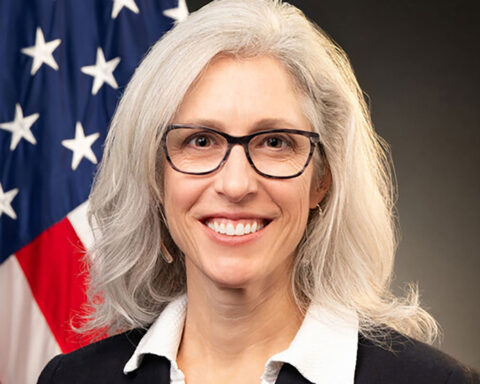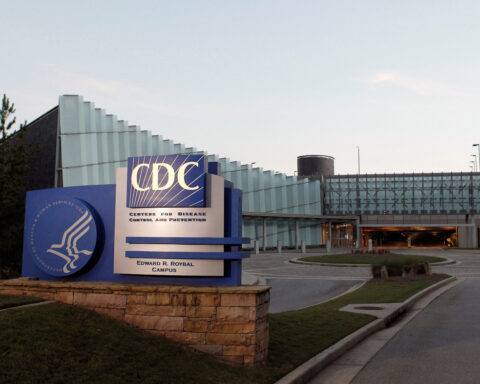Based on a new unexpected study conducted by the Centers for Disease Control and Prevention, teenage females are experiencing significantly elevated rates of sexual assault, despair, and suicidal ideation. A full third of high school females reported having thought about suicide, a 60% increase over the previous ten years. Up from 11% in 2019, over 14% of respondents said they were forced to have sex. Around 60% reported feeling consistently unhappy or gloomy to the point where they ceased their usual activities.
The information is derived from the CDC's Youth Risk Behavior Survey, which includes a diverse group of high school students from both public and private schools around the country. "American teenage girls are experiencing an increasing surge of unhappiness, aggression, and distress," the CDC determined. The numbers represent a generational crisis that has ramifications for the health advocates, teachers, counselors and parents trying to help.
"It's alarming," said Education Secretary Miguel Cardona. Clinical psychologist Lisa Damour called the findings “not normal numbers.” When girls endure such struggles in adolescence, the risks can last long into adulthood.
The reasons are complex and likely vary by race, ethnicity, class and culture. But teen girls themselves describe overwhelming stressors that existed before the pandemic, which then intensified isolation and upheaval. They point to impossible beauty standards, online hate, academic pressures, economic difficulties, self-doubt and sexual violence.
There is a connection between the usage of social media and increased instances of depression. Digital media have displaced the in-person interactions that once fostered friendships. Teen girls compare themselves unfavorably to the images they see. On Snapchat and TikTok, you come across many attractive girls with slim waists and a prominent rear. "I understand that I'm only 14, but it gives me the impression that there might be something amiss with myself," expressed Tulip Kaya, an 8th-grade student from Maryland.
The CDC data was collected in 2021 when teen girls were anxious about returning to in-person schooling. But the crisis comes even as teens engage in less risky behavior than previous generations - wearing seatbelts, smoking less, and having less sex.
"We are raising the most well-mannered generation of teenagers ever," stated Damour.
Adolescent females express concerns about choosing outfits, deciding what to share on social media, and understanding daily interactions following a year of being separated from their friends due to the pandemic.
"Occasionally, I prefer not to wear shorts due to the fact that my body has changed since middle school," expressed Leilah Villegas, a student from California who used to participate in track before the pandemic.
Maryland 10th-grader Aanika Arjumand said the standard health curriculum does not cover abuse or sexual violence as much as it should.
Georgia 8th-grader Harker said she endures unwanted touching by boys at school. “A boy in school can get away with something, but if I do one mess-up, I get called out for it,” she said.
The toll can be enormous. Caroline Zuba, now 17, was a high-achieving 9th grader in Maryland who hid her growing depression even from close friends. She confided her distress only after attempting suicide at 15. “Teens are really good at hiding it, which is really sad,” she said.
Now a junior, she relies on intensive treatment and started a mental health club to help peers also suffering.
Nearly 14 percent of high school girls reported being forced to have sex, up from 11 percent in 2019. Younger teens describe “gross comments” about their bodies, unsolicited explicit photos from boys, and casual use of sexist slurs like “whore” and “ho” based on their clothing and appearance.
"If there's anything even slightly different about you, you won't have a pleasant experience, and you'll be singled out," stated Tulip Kaya, the 8th grader from Maryland.
California senior Elida Mejia Elias said a friend who sent a naked picture to a boyfriend was shunned and called “ho”, damaging her mental health.
The numbers for LGBTQ teens are even higher, with nearly 1 in 4 attempting suicide. “Even if you have an accepting environment, you are aware millions don’t want you to exist,” said Virginia student Rivka Vizcardo-Lichter.
For girls of color, racist beauty standards and microaggressions take a toll. “You wish you could do more to help,” said Montanna Norman, former co-leader of her Washington D.C. school’s Black Student Union, devastated by police killings of Black men.
Bronx High School senior Najiha Uddin said girls of color can’t meet a White beauty ideal pushed by the media. Garvey Mortley, a Black 14-year-old in Maryland, said she has been teased over her hair. “Racism can be a stressor for depression,” she said.
Other students feel pressure to match social media images of clothes, shoes and experiences beyond their family’s means.
Most alarming are the soaring signs of suicide risk. Nearly 1 in 4 high school girls have formulated a suicide plan, almost twice the rate of boys. Ella Walker, 13, of Indiana died by suicide in January 2022, devastating her family. Her parents said they were unaware she was being bullied after a breakup.
With the pandemic overwhelming the mental health care system, they had struggled to find Ella a therapist. Once she finally started treatment, her mood seemed to improve. “Then we woke up to a nightmare,” said her mother Trinna Walker.
Teen girls themselves urge adults to listen, believe them, and understand the overwhelming pressures they face. They ask that schools teach about mental health, sexual violence prevention and healthy relationships. Parents need suicide prevention training to recognize warning signs. Boosting school counseling staff and improving access to mental health services are also critically needed, experts say.
“It was like a bomb going off,” said Rich Walker, Ella’s father. “It mortally wounded my wife and me.” But speaking up when friends are in crisis can save lives, he said. For girls facing a mental health emergency, resources like the National Suicide Prevention Lifeline (988) and Crisis Text Line (text HOME to 741741) provide free, confidential support 24/7.

 A court orders the Unification Church in Japan dissolved
A court orders the Unification Church in Japan dissolved
 Han Jong-Hee, who elevated Samsung's television business, dies
Han Jong-Hee, who elevated Samsung's television business, dies
 International students weigh new risks of pursuing higher education in the US under Trump
International students weigh new risks of pursuing higher education in the US under Trump
 Middle East latest: Israeli strikes on Gaza killed 23 people overnight
Middle East latest: Israeli strikes on Gaza killed 23 people overnight
 Stock market today: Asian shares are mixed, Chinese markets decline, after rally on Wall St
Stock market today: Asian shares are mixed, Chinese markets decline, after rally on Wall St
 Josh Pastner agrees to become UNLV's coach, AP sources say
Josh Pastner agrees to become UNLV's coach, AP sources say
 Baseball star Shohei Ohtani’s ex-interpreter has prison start postponed
Baseball star Shohei Ohtani’s ex-interpreter has prison start postponed
 Greenlanders unite to fend off the US as Trump seeks control of the Arctic island
Greenlanders unite to fend off the US as Trump seeks control of the Arctic island


